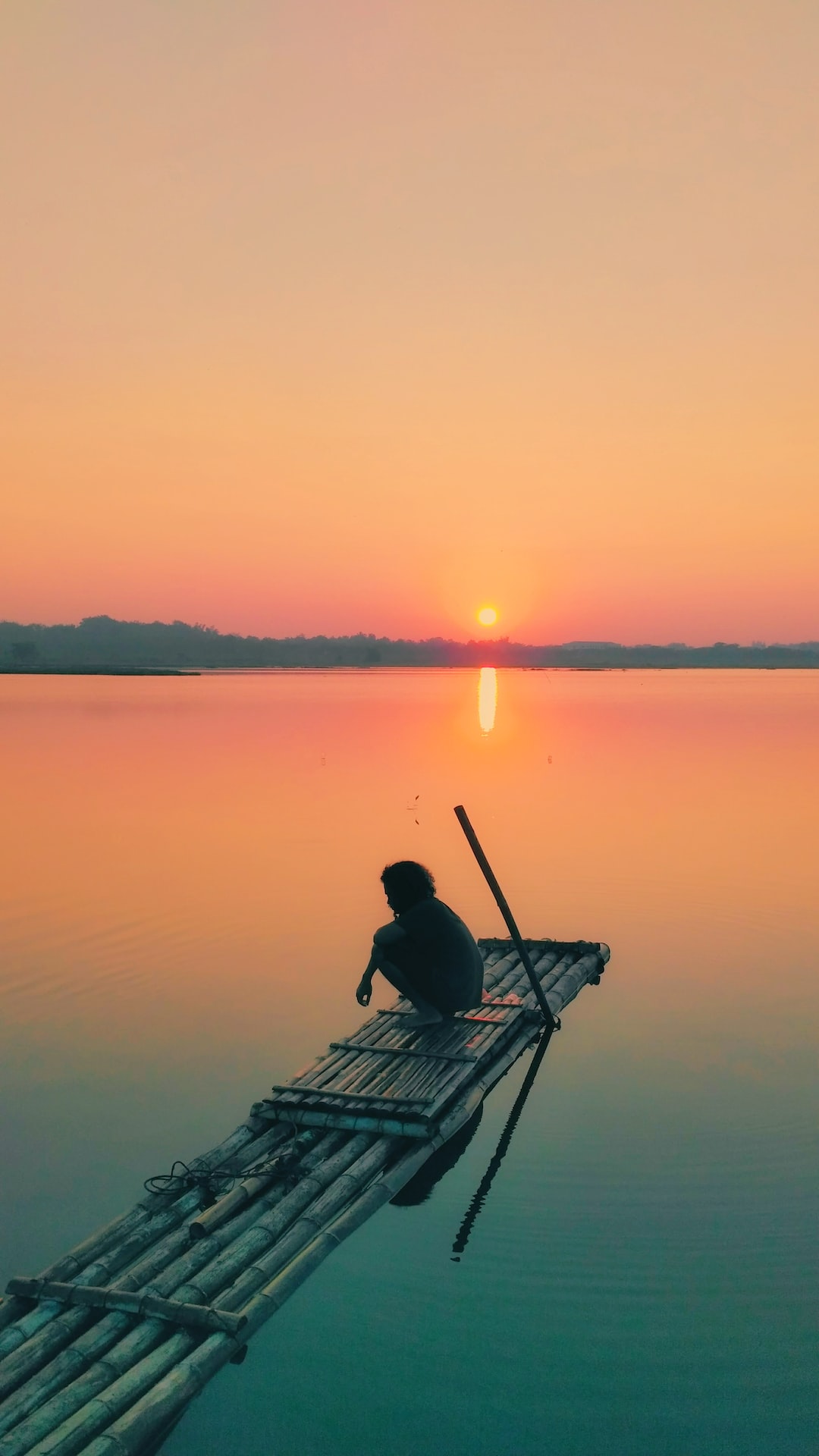The great outdoors is filled with adventure, beauty, and excitement. Whether you enjoy hiking, camping, or simply exploring the wilderness, being in nature can be an amazing experience. However, it is crucial to prioritize safety and be equipped with the necessary survival skills to fully enjoy your outdoor adventures. In this blog post, we will discuss important survival skills that everyone should know to stay safe outdoors.
First and foremost, understanding how to navigate and find your way is essential. Getting lost in unfamiliar terrain can quickly turn into a dangerous situation. Before heading out, familiarize yourself with the area and bring a map and compass. Learn how to use them properly and trust in their reliability. It is also advisable to carry a GPS device or smartphone with a map application downloaded as a backup measure.
In addition to navigation skills, it is crucial to know how to build a shelter. Weather conditions can quickly change, leaving you exposed to cold, rain, or extreme heat. Knowing how to construct a shelter using natural resources can provide protection and shelter until help arrives. Look for areas with overhead cover like caves, large rocks, or fallen trees to aid in building your shelter.
Fire-making skills are equally important for survival. Fire provides warmth, light, security, and the ability to cook food and boil water. Ensure you carry waterproof matches or a lighter in your backpack. However, it is essential to understand how to start a fire without these tools as well. Practice using a magnesium fire starter, flint and steel, or by rubbing wood together to create friction. Always be cautious of fire safety and ensure you have a safe spot for your fire, away from dry vegetation.
Water is the elixir of life, and knowing how to find and purify it is vital. If you find yourself without a source of clean water, remember to look for signs of water like animal tracks converging, green vegetation, or damp ground. It is important to purify water before drinking it to avoid getting sick. Boiling water is the most reliable method, but you can also use water filters, purification tablets, or UV light sterilizers to ensure the water is safe to consume.
Having knowledge of basic first aid can be lifesaving in emergency situations. Accidents happen, and being able to administer immediate care can prevent further injury or infection. Familiarize yourself with basic first aid techniques such as how to stop bleeding, splint fractures, or perform CPR. It is highly recommended to carry a basic first aid kit in your backpack whenever you venture outdoors.
Understanding how to identify edible plants and find alternative sources of food is crucial if you are stranded for an extended period. Learning about the local flora and fauna and identifying edible wild plants can provide you with the sustenance you need to survive. However, be cautious and ensure that you are confident in your identification skills. Consuming the wrong plant can have severe consequences.
Lastly, communication skills are essential in ensuring your safety outdoors. Always let someone know your plans before heading out, including the duration of your trip and your expected return time. If something goes wrong, having someone aware of your whereabouts can significantly increase your chances of being rescued. Additionally, carrying signaling devices such as a whistle, mirror, or flashlight can attract attention when needed.
In conclusion, having essential survival skills is paramount when venturing into the great outdoors. Navigating, building shelter, starting fires, finding and purifying water, administering first aid, identifying edible plants, and communicating effectively are all crucial skills that can make a significant difference in dire situations. Remember to prepare adequately before heading out for any outdoor adventure and prioritize safety above all. By acquiring and practicing these survival skills, you can fully enjoy the beauty of nature and stay safe in any situation.
